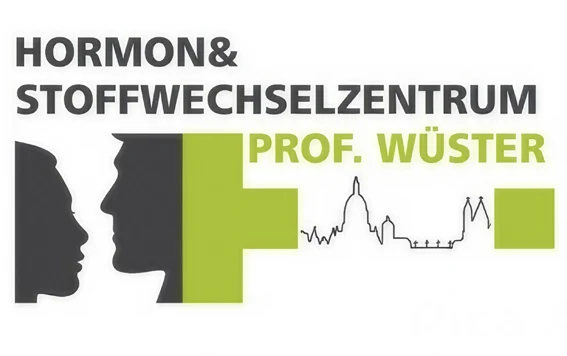Specialist in Darmstadt: Risk of osteoporosis in premature babies
Children with low birth weight have a higher risk of osteoporosis, according to a specialist in Darmstadt
DARMSTADT. Premature birth and osteoporosis – how are they connected? According to estimates, ten percent of all children worldwide are born prematurely. This can have far-reaching effects on their later health: Premature babies, for example, are more likely to suffer from certain metabolic and cardiovascular diseases in adulthood. But what about their bone health? Prof. Dr. med. Dr. h.c. Christian Wüster, specialist in endocrinology for the Darmstadt region, refers to a recent research study by Norwegian scientists. According to this study, children born prematurely have a lower bone density in later life than people who were carried to full term. As a result, they are likely to have a higher risk of osteoporosis, i.e. pathological bone loss.
The foundations for osteoporosis are laid in childhood, says Darmstadt specialist
The Norwegian research team examined 186 young adults between the ages of 26 and 28. 52 participants were born prematurely with an average weight of 1,265 grams. Another 59 were born on their normal due date but with too little weight (less than 3,000 grams).
The remaining 77 participants were born at term and formed the control group. The researchers found that the premature babies had a significantly lower bone density than the participants who were born on schedule. Specialist Prof. Dr. Wüster explains: “In the last trimester of pregnancy, the fetus stores a particularly large amount of calcium for later bone development. A premature birth interrupts this important process.”
Specialist for Darmstadt: Targeted prevention of osteoporosis through diet and exercise
These findings are important because the individual risk of osteoporosis can also be influenced by lifestyle. “Premature babies should pay particular attention to a healthy diet and sufficient exercise in later life,” emphasizes specialist Prof. Dr. Wüster. According to the expert, the supply of calcium, vitamin D and protein is particularly important for maintaining bone mass. But sport can also reduce the risk of osteoporosis: “Regular exercise protects the bones. Conversely, if you rest, you rust,” Prof. Dr. Wüster points out.

